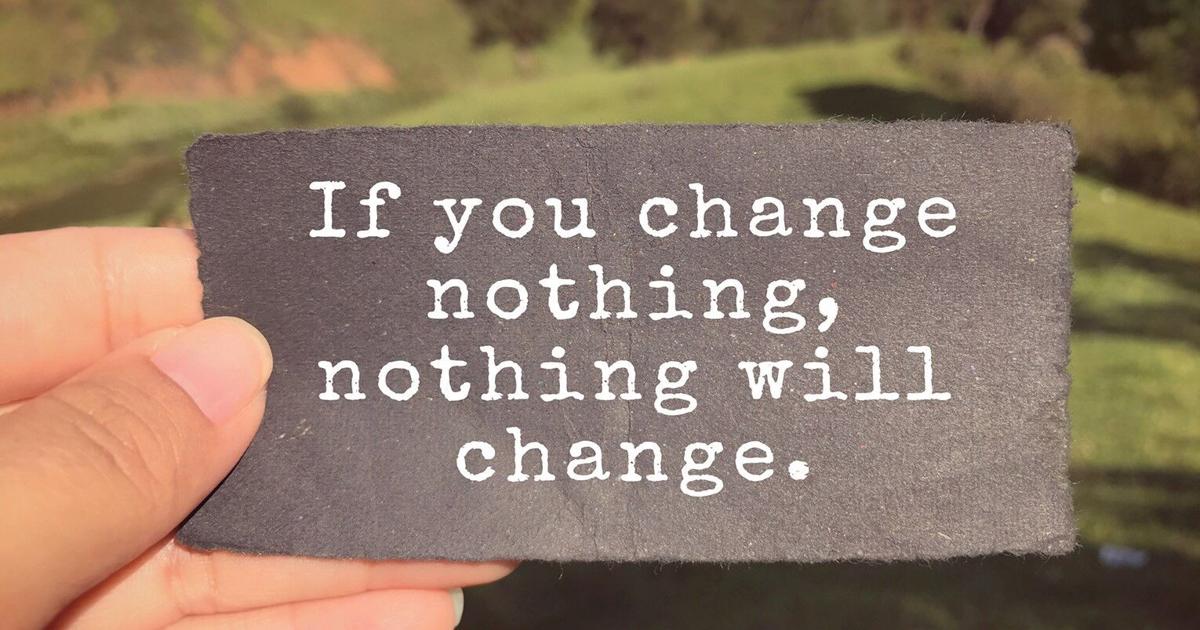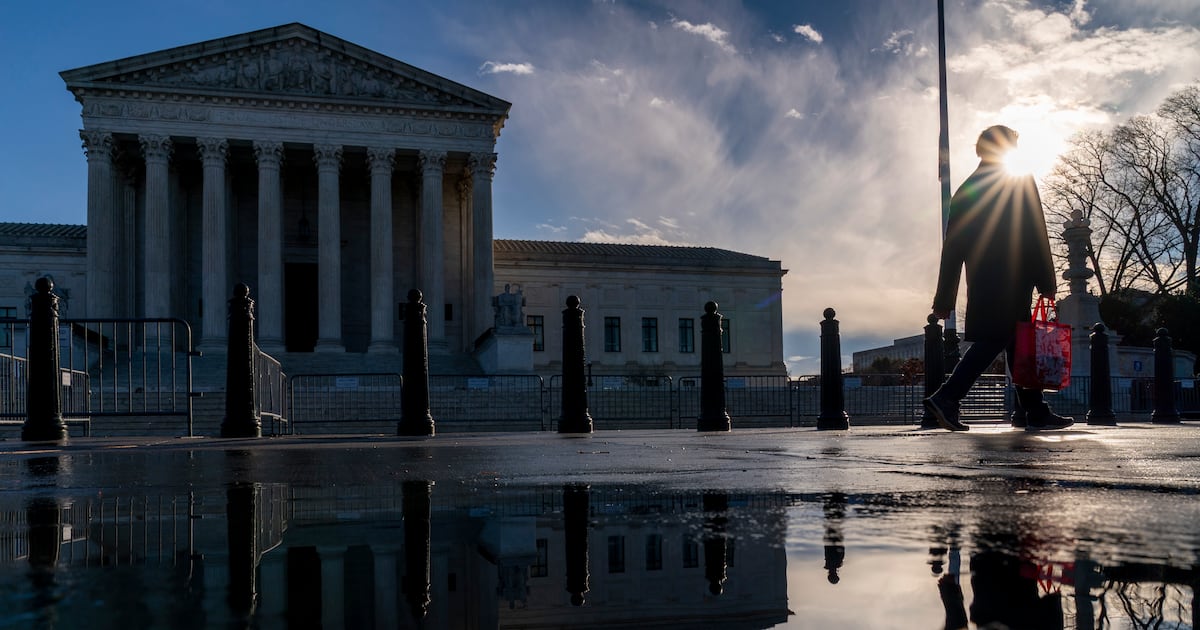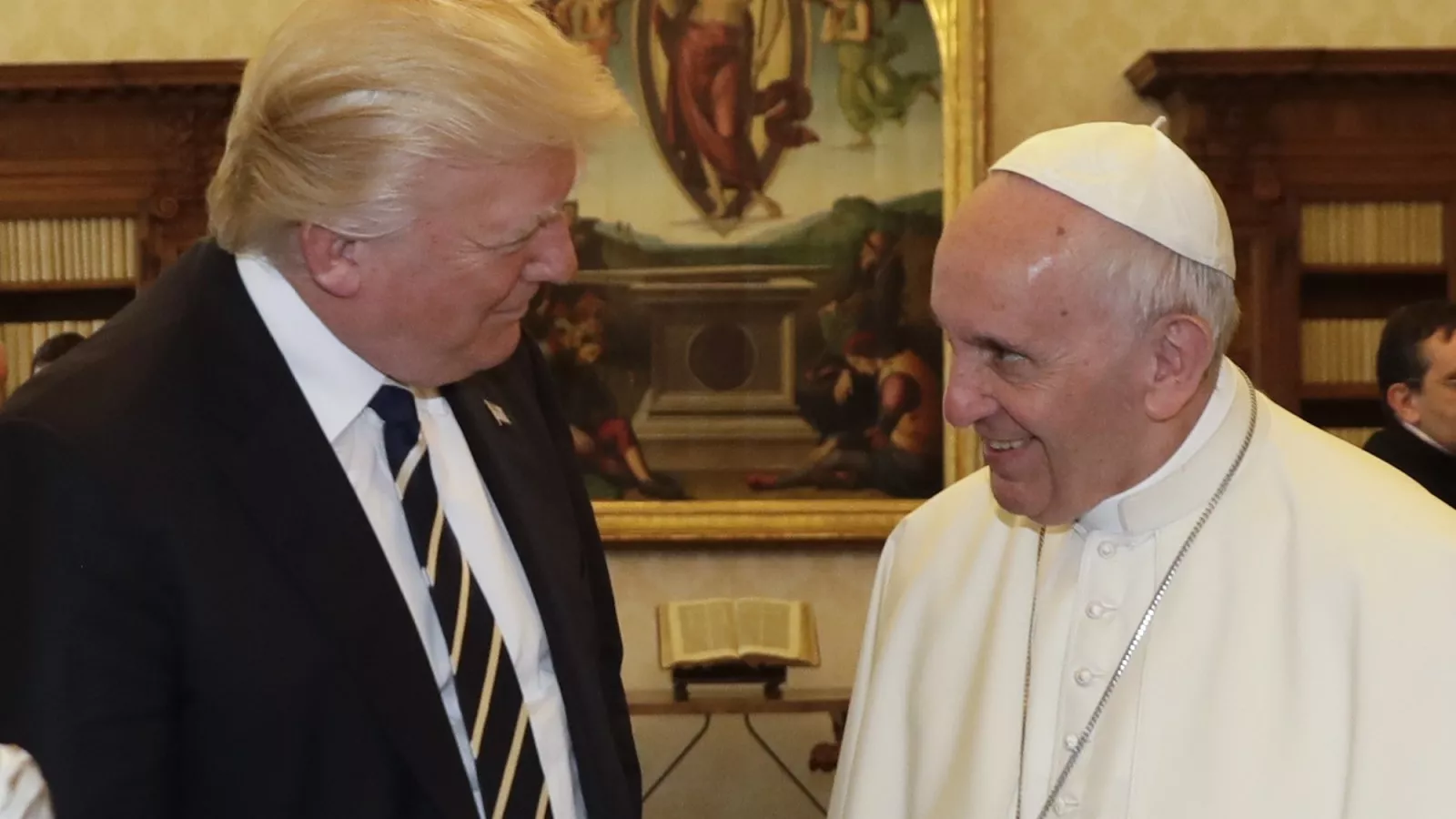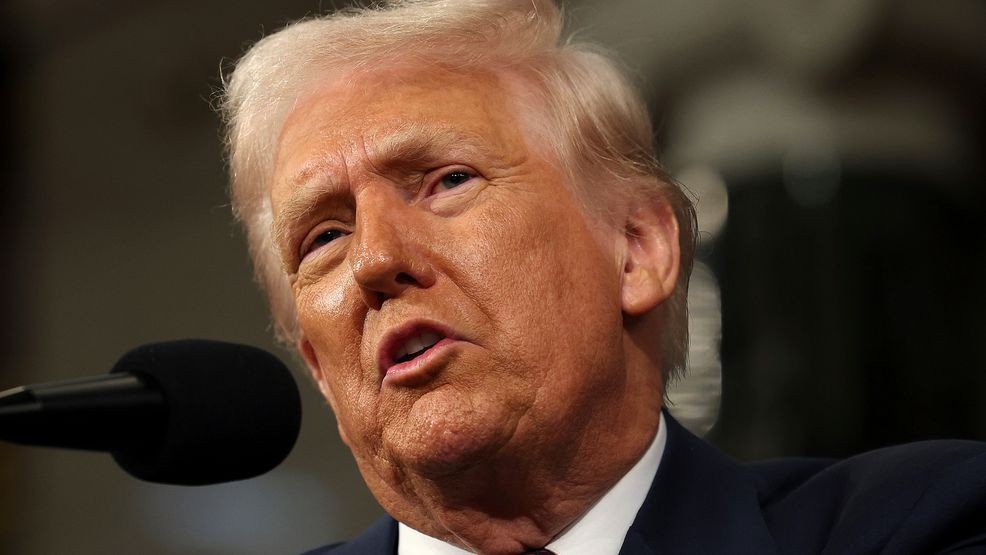Faith vs. Foster Care: Governor Blocks Religious Freedom Shield for Potential Parents
Religion
2025-04-09 12:35:14Content

In a controversial move, the Kansas governor has blocked legislation designed to protect religious freedom for foster families and potential foster parents. The vetoed bill would have safeguarded the rights of religious Americans to participate in the foster care system, addressing growing concerns about discrimination against faith-based foster care providers in other states.
The proposed legislation aimed to ensure that foster families would not face discrimination based on their religious beliefs, a protection that has become increasingly important as some states have implemented policies that effectively exclude religiously motivated individuals from the foster care system. By vetoing the bill, the governor has potentially created additional barriers for faith-based families seeking to provide loving homes to children in need.
Advocates for the bill argue that religious liberty is a fundamental right and that qualified foster parents should not be disqualified based on their religious convictions. The veto represents a significant setback for those who believe in protecting diverse perspectives within the foster care system and ensuring that more children have access to loving, stable homes.
Religious Freedom in Foster Care: Kansas Governor's Controversial Veto Sparks Nationwide Debate
In the heart of America's heartland, a pivotal moment unfolds as Kansas finds itself at the epicenter of a complex and emotionally charged discussion surrounding religious liberty and foster care placement. The recent gubernatorial action has ignited a firestorm of conversation about the delicate balance between constitutional rights, child welfare, and institutional policies.When Faith and Family Intersect: A Critical Challenge to Foster Care Dynamics
The Constitutional Crossroads of Religious Expression
Religious liberty stands as a fundamental cornerstone of American democratic principles, particularly when it intersects with critical social services like foster care. The Kansas governor's recent veto represents more than a simple administrative decision; it symbolizes a profound philosophical struggle about how religious beliefs can coexist within public service frameworks. Foster care agencies have long grappled with maintaining inclusive environments while respecting diverse religious perspectives. Historically, faith-based organizations have played a significant role in child welfare systems across the United States. These institutions often bring deep commitment, compassionate resources, and extensive community networks that support vulnerable children. However, the tension emerges when religious convictions potentially conflict with broader institutional mandates designed to ensure comprehensive, unbiased care.Implications for Foster Families and Child Placement Strategies
The veto's ramifications extend far beyond immediate legal considerations. Prospective foster parents who derive strength and motivation from their religious convictions now face unprecedented uncertainty. Many argue that their faith fundamentally drives their desire to provide nurturing environments for children who desperately need stable homes. Child welfare experts suggest that limiting participation based on religious affiliation could potentially reduce the pool of qualified foster parents. This reduction could exacerbate existing challenges in matching children with suitable, loving families. The complex ecosystem of foster care requires diverse, compassionate individuals willing to open their hearts and homes to children from various backgrounds.Legal and Ethical Dimensions of Religious Accommodation
Constitutional scholars continue to debate the nuanced boundaries between religious freedom and non-discriminatory public service provisions. The Kansas scenario epitomizes this ongoing dialogue, challenging policymakers to develop frameworks that simultaneously protect individual religious expression and ensure comprehensive child welfare standards. Legal precedents suggest that religious organizations can maintain their core beliefs while adhering to professional standards of care. The challenge lies in creating flexible policies that respect both institutional requirements and individual spiritual convictions. Collaborative approaches that prioritize child welfare while acknowledging diverse perspectives offer the most promising path forward.National Perspectives and Emerging Trends
The Kansas governor's decision does not exist in isolation. Across the United States, similar debates are unfolding, reflecting broader societal conversations about religious liberty, institutional inclusivity, and child welfare policies. Each state approaches these complex issues through unique legislative and administrative lenses. Emerging trends indicate a growing recognition that simplistic, binary approaches fail to capture the nuanced realities of foster care placement. Progressive jurisdictions are developing more sophisticated frameworks that balance constitutional protections with comprehensive child welfare objectives.Community Voices and Stakeholder Perspectives
Foster care professionals, religious leaders, legal experts, and community advocates bring diverse perspectives to this critical dialogue. Their collective insights reveal the multifaceted nature of the challenge, emphasizing that no single perspective can comprehensively address the intricate dynamics at play. Collaborative dialogue remains essential. By creating spaces for genuine, respectful conversation, stakeholders can develop innovative solutions that honor religious liberty while maintaining rigorous child welfare standards. The path forward requires empathy, nuanced understanding, and a commitment to serving children's best interests.RELATED NEWS
Religion
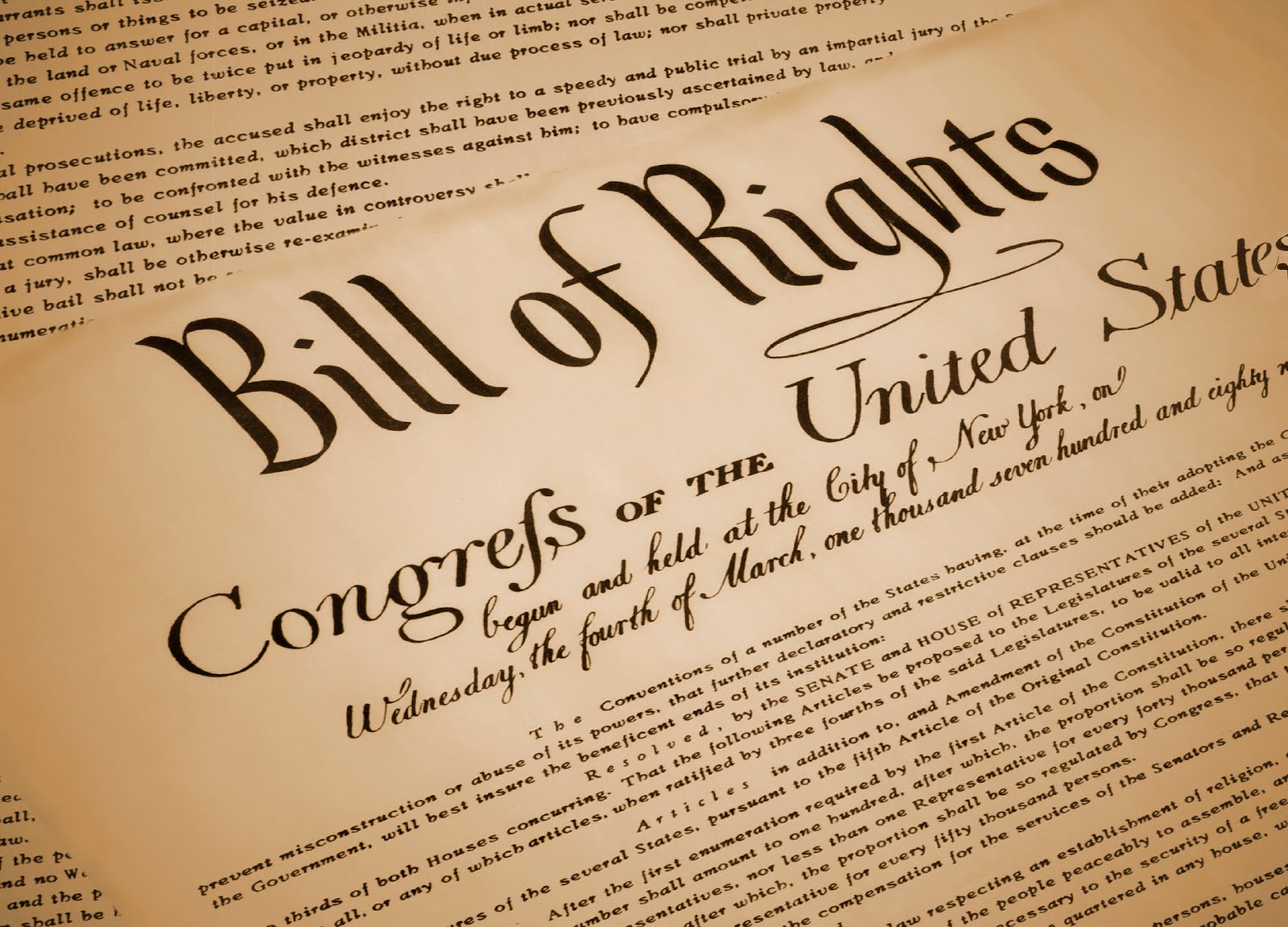
Faith Under Fire: How Krishna Devotees Are Battling for Religious Liberty in America
2025-03-09 14:11:21
Religion
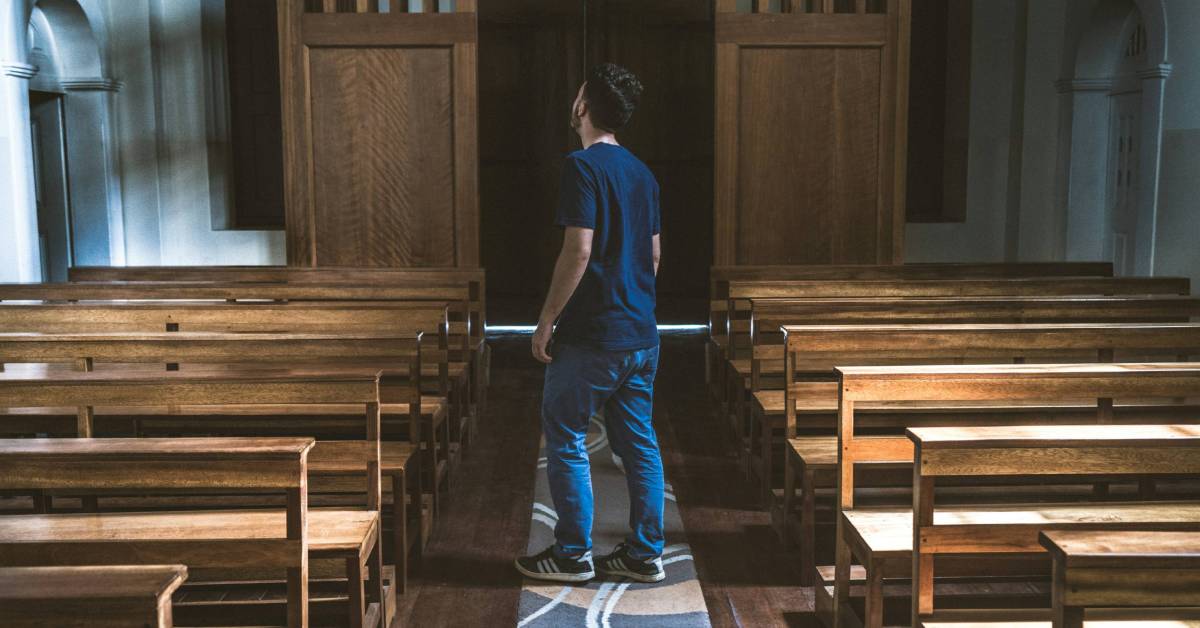
Faith in Flux: Why Religious Switchers Are Choosing 'No Religion' More Than Ever
2025-03-28 10:00:00
